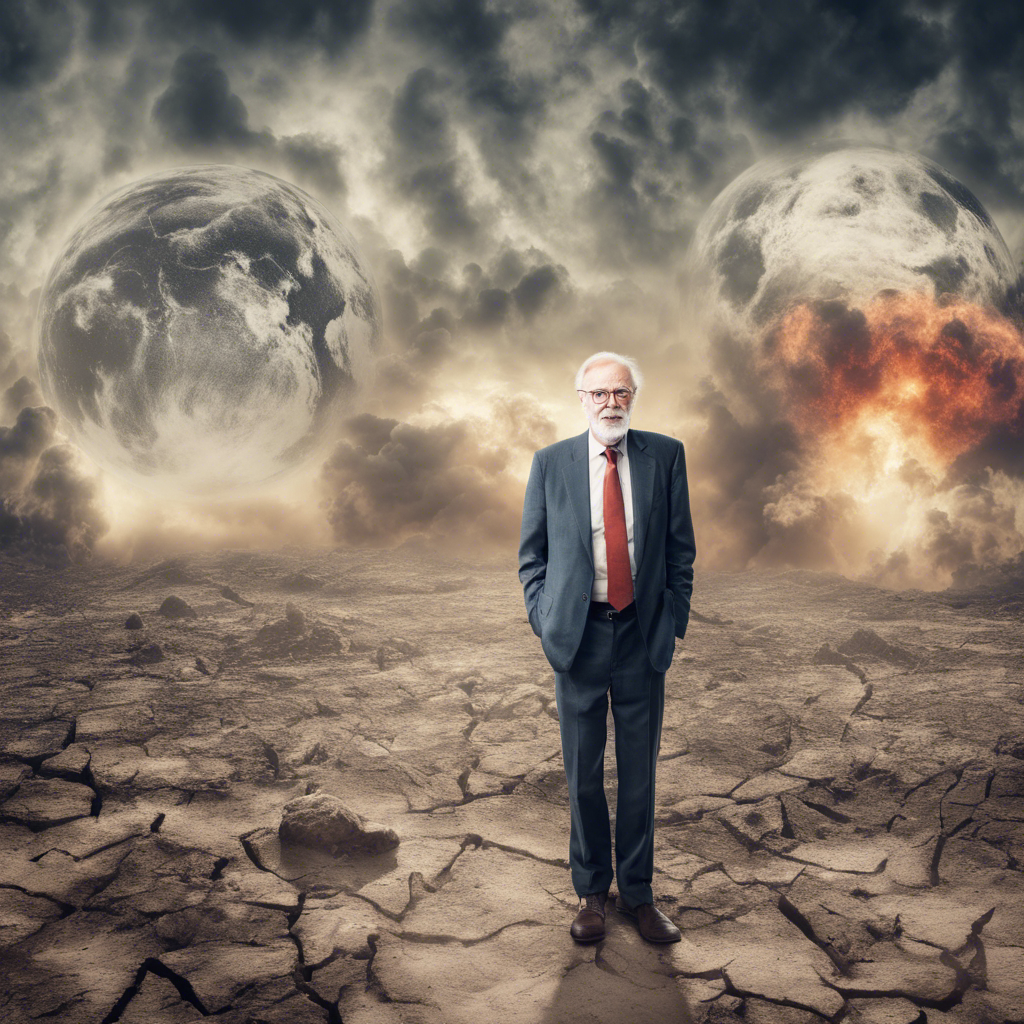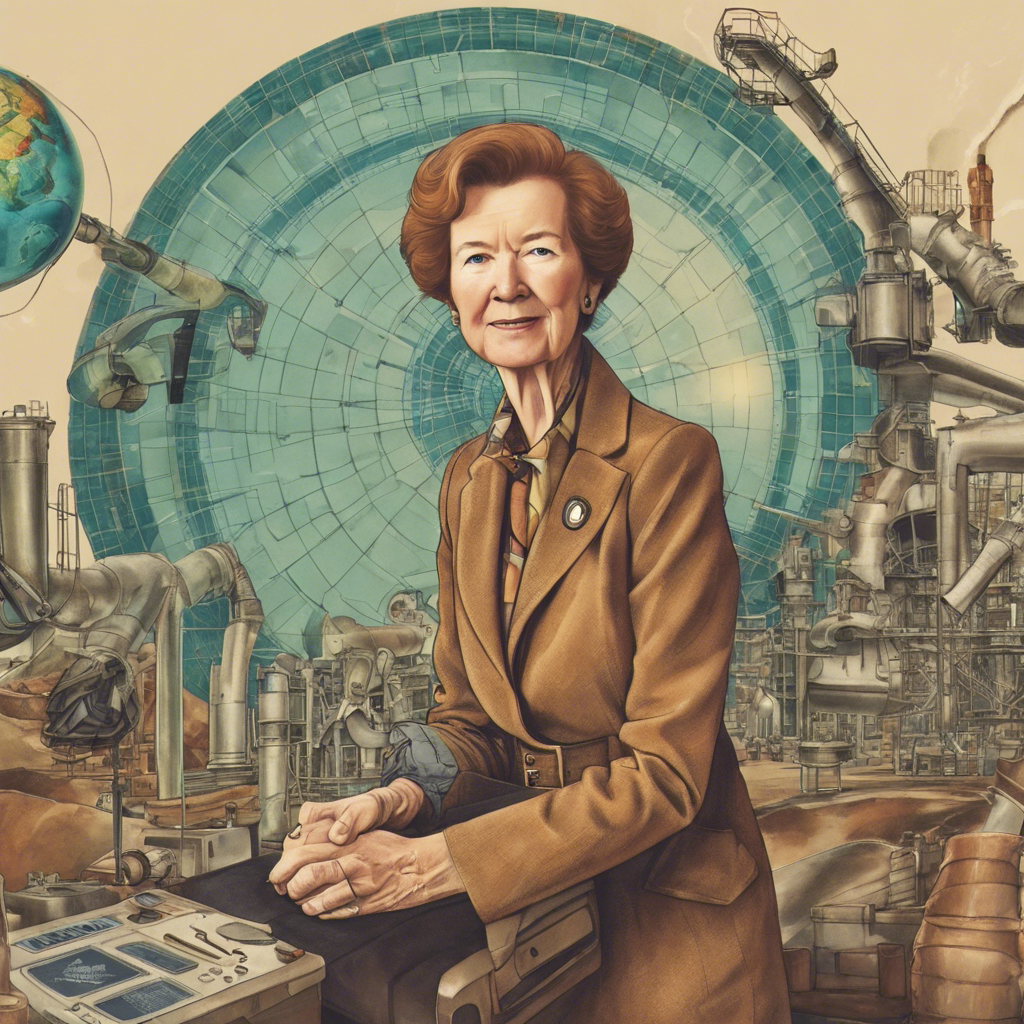“Climate Crisis Denial: Nobel Laureate’s Claims Challenged”

Examining the Discrepancies in John Clauser’s Climate Denial Claims
In a recent article titled “‘No climate crisis,’ a Nobel-winning physicist declares,” the claims made by physicist John Clauser have come under scrutiny. Despite his impressive credentials as a Nobel laureate in physics, Clauser’s denial of the climate crisis has raised eyebrows among experts and the scientific community. This article aims to delve into the discrepancies between Clauser’s assertions and the overwhelming evidence supporting climate change. By examining the temperature records and challenging the correlation between quantum mechanics and climate science, we aim to shed light on the fallacies in Clauser’s arguments.
1: Temperature Records and Climate Change
Contrary to Clauser’s claims that increased carbon dioxide emissions result in expanded cloud cover and a net cooling effect, temperature records tell a different story. The Earth has been setting temperature records, with rising global temperatures being a consistent trend. This discrepancy raises questions about the validity of Clauser’s assertions and the need for further examination of the evidence.
2: The Fallacy of Correlating Quantum Mechanics and Climate Science
While Clauser’s work in the field of quantum entanglement of photons is commendable and led to his Nobel Prize, it is important to recognize the limitations of correlating quantum mechanics with climate science. Science operates on the principles of hypothesis confirmation or falsification, and Clauser’s claims in the realm of climate science have neither been confirmed nor falsified. This “category mistake,” as it is known, highlights the need for scientific rigor and a clear understanding of the boundaries between different scientific fields.
3: Expert Rebuttals and Scientific Scrutiny
Clauser’s climate denial claims have not gone unchallenged. Experts and scientists have pointed out the lack of supporting peer-reviewed articles to substantiate his assertions. The scientific community emphasizes the importance of evidence-based research and the need for rigorous scrutiny when it comes to climate science. Clauser’s arguments, unsupported by empirical data and scientific consensus, raise concerns about the credibility of his claims.
4: The Role of Climate Denial in Public Discourse
The inclusion of Clauser’s climate denial in public discourse raises broader questions about the influence of misinformation and the responsibility of scientists in shaping public opinion. While individuals have the right to express their opinions, it is crucial to differentiate between personal beliefs and scientific consensus. The media plays a pivotal role in ensuring that accurate information is disseminated, and it is vital to provide a balanced perspective on climate change that reflects the overwhelming scientific consensus.
Conclusion:
John Clauser’s climate denial claims, despite his distinguished career in physics, have been met with skepticism and scrutiny. The discrepancies between his assertions and the evidence supporting climate change raise questions about the validity of his arguments. It is essential to rely on empirical data, peer-reviewed research, and scientific consensus when addressing complex issues like climate change. The inclusion of diverse perspectives is valuable, but it is crucial to distinguish between personal beliefs and scientific consensus to ensure informed public discourse.










